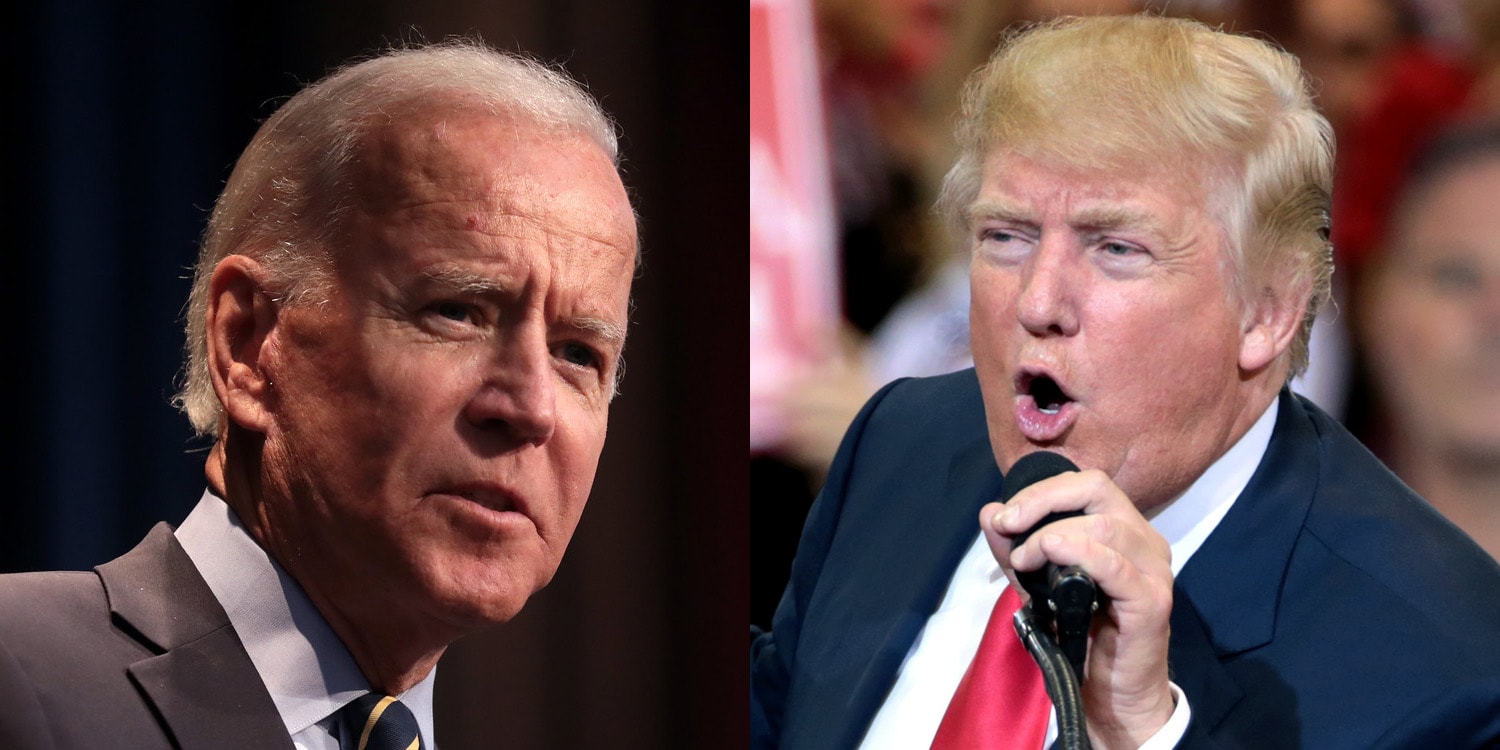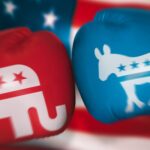The 2020 U.S. presidential election was a battleground not just for policy differences but for the very meaning of what it means to be American. A recent study published in Political Communication examined how then-President Donald Trump and then-candidate Joe Biden used nationalist rhetoric to portray competing visions of America’s identity.
Trump and Biden made explicit references to national identity throughout the 2020 campaign. Trump frequently spoke about protecting American history and culture, while Biden called his campaign a “battle for the soul of the nation.” Given the prominence of these themes, the researchers sought to analyze how each candidate defined and contested the meaning of American identity during this critical election.
To understand the nationalist themes in the 2020 campaign, the researchers focused on the candidates’ Twitter activity, a key platform for political communication. They collected over 4,300 tweets from Trump and Biden between June 20 and November 3, 2020, the final months leading up to the election.
The researchers employed a qualitative content analysis to systematically categorize the nationalist themes embedded in the tweets. They developed a framework based on two major traditions of nationalism: civic nationalism and ethnic nationalism.
Civic nationalism was coded when tweets emphasized inclusive liberal values, such as equality, diversity, and the rule of law, often referencing symbols like the Constitution and the Statue of Liberty. In contrast, ethnic nationalism was coded when tweets implied that American identity was tied to white, Christian heritage, often using coded language or references to Christian roots, or the defense of American borders and traditional values. This framework allowed them to trace how each candidate’s messaging drew from these distinct forms of nationalism.
In addition to identifying references to civic and ethnic nationalism, the researchers also coded the tweets for sentiment (positive, negative, or neutral) and other policy themes such as public health, immigration, law and order, and racial justice. This enabled them to analyze not only how often Trump and Biden referred to nationalist themes, but also how these references were used to frame other political issues.
The analysis revealed a significant use of nationalist rhetoric by both candidates, but in starkly different ways. Biden’s tweets leaned heavily on civic nationalism, with 90 percent of his nationalist-themed tweets invoking this tradition. He frequently portrayed his campaign as a fight to restore America’s core democratic values, such as equality, inclusion, and justice for all.
Biden’s messaging painted a picture of a diverse and inclusive America, where anyone who believes in these liberal ideals can belong. His tweets often referenced historical documents like the Constitution and the Declaration of Independence, positioning himself as the defender of the country’s founding principles. He also connected this civic vision to contemporary issues, framing racial justice and the fight against systemic racism as part of America’s progress toward realizing its true identity.
Trump’s tweets, on the other hand, were deeply rooted in ethnic nationalism. About 88 percent of his nationalist rhetoric referred to this tradition. His messaging framed the election as a battle to protect America’s heritage, culture, and greatness from a range of perceived threats. Trump frequently invoked the idea of a “silent majority” of Americans—implicitly white and Christian—who felt under siege by internal and external forces such as immigrants, racial justice activists, and foreign powers like China.
Trump’s use of coded language, often referred to as “dog whistles,” was a key finding in the study. While he rarely mentioned race explicitly, his references to threats against suburban communities, radical leftists, and low-income housing implicitly played into anxieties about racial and cultural changes in the U.S.
The researchers also found that while Biden predominantly used positive sentiment in his nationalist rhetoric—emphasizing hope, unity, and the potential for the nation to heal—Trump’s nationalist tweets were more likely to express negative sentiment. He portrayed the election as a do-or-die moment for America’s survival, warning of chaos, destruction, and decline if Biden were to win. This contrast in sentiment highlights the different emotional appeals each candidate made to their base: Biden appealed to a hopeful vision of America’s future, while Trump used fear and anger to mobilize his supporters.
Both candidates also used nationalist rhetoric to portray their opponent as an existential threat to the country’s identity. Biden framed Trump as an anti-American force threatening to destroy the nation’s liberal foundations. In contrast, Trump depicted Biden as a puppet of radical leftists and globalists who would dismantle traditional American values and leave the country vulnerable to foreign adversaries and internal decay. This mutual framing of each other as un-American was a central theme in their campaigns and contributed to what the researchers termed “nationalist polarization,” where political opponents are cast as fundamentally outside the national community.
“The overt embrace of the competing visions of national identity is a worrying development in the context of increasing political polarization and debates over democratic backsliding in America,” the researchers said. Unlike policy debates that can be addressed through reason and cost-benefit analysis, national identity is tied to culture and emotions, making it difficult to resolve through rational discourse.
The framing of political opponents as a danger to the nation “has potentially serious consequences for American democracy,” the researchers added, as it suggests that a victory for the other side threatens the country’s fundamental identity. “In short, there first needs to be a shared definition of the ‘people’ in order to have ‘rule by the people’… It is this shared and widely accepted idea that democratic institutions are controlled by, and represent, the people qua nation that grants them legitimacy. If elections cleave over the very definition of who ‘we’ are, then there is a risk that the losing side will not recognize the winning candidate’s legitimacy.”
The events of January 6, 2020, and the challenges to Biden’s legitimacy reflect the dangerous consequences of such nationalist polarization, the researchers said.
The study, “The Battle for the Soul of the Nation: Nationalist Polarization in the 2020 American Presidential Election and the Threat to Democracy,” was authored by Eric Taylor Woods, Alexandre Fortier-Chouinard, Marcus Closen, Catherine Ouellet, and Robert Schertzer.




